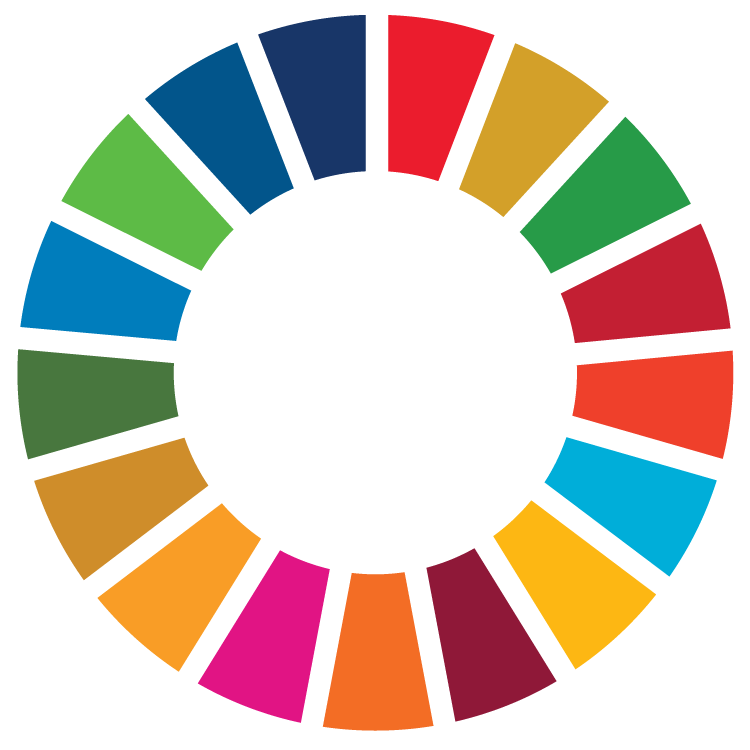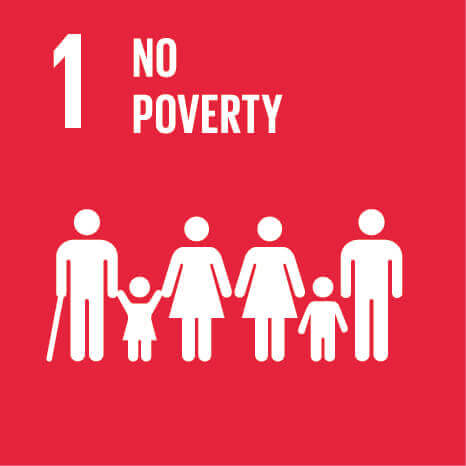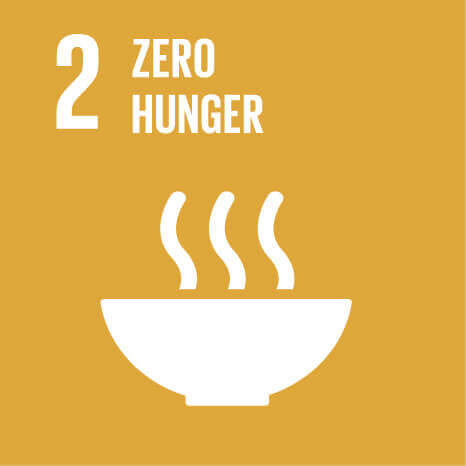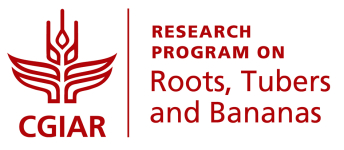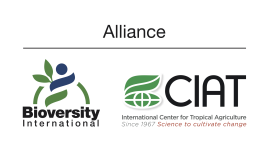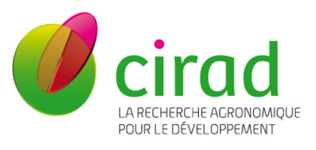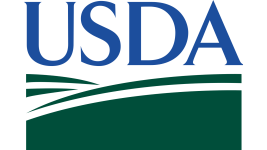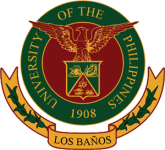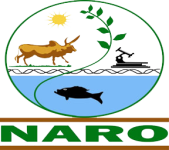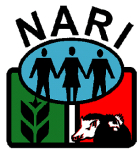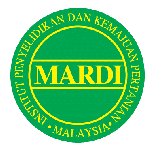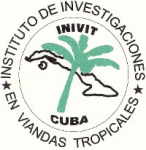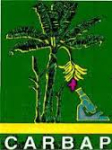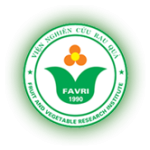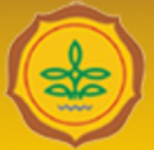Thirty organizations worldwide are now sharing information, genetic resources, improving datasets and knowledge about bananas, through the Musa Germplasm Information System (MGIS)
Published on: November 15, 2021, Submitted by Mathieu Rouard on: November 10, 2021, Reporting year: 2021
 CGIAR Impact Areas
CGIAR Impact Areas



 CGIAR Action Areas
CGIAR Action Areas


Bioversity International has partnered with 29 other organizations to create the Musa Germplasm Information System (MGIS). Partners include national and international research and development agencies around the world. Researchers access MGIS online (between 6,000 and 8,600 unique visitors each year from more than 100 countries) to browse banana and enset accessions, to share information and genetic resources, for plant breeding and ex situ genetic conservation. Target users including genebank curators, researchers, breeders and extensionists consult information and order material.
Curators identifying a banana plant during a MusaNet training workshop
Advanced technologies can now discover genetic markers in many plant samples at a low cost. Genetic markers and other information are now widely documented digitally. Ideally, users of genebanks should be able to identify and share this information worldwide. Bioversity International created the Musa Germplasm Information System (MGIS) to share digital data and even germplasm of Musa (bananas, plantains, and enset) between ex-situ plant collections worldwide. MGIS facilitates data export, locates sources of germplasm, and identifies accessions that suit the needs of banana germplasm curators and researchers (1).
Since 1997, MGIS has linked Bioversity and its genebank, the International Musa Germplasm Transit Centre (ITC), with 29 other participating Musa collections in 25 countries: Australia, Bangladesh, Benin, Cambodia, Cameroon, China, Colombia, Costa Rica, Côte d’Ivoire, Cuba, Democratic Republic of the Congo (DRC), Gabon, Guadeloupe, Indonesia, Malaysia, Papua New Guinea, Philippines, Puerto Rico, Sudan, Taiwan, Tanzania, Thailand, Uganda, Venezuela, and Vietnam (2). Regular regional workshops were organized to train genebank curators to use the tools, which can be updated online. Curators also learned how to set up the tool locally, in their collections, to facilitate the entry of morphological characterization data in a standardized manner.
Users are not limited to researchers in Bioversity and the other 29 partners. Other members (e.g., through the banana community/network: Musanet [3]) of the public can also search the 6,772 accessions on the MGIS website. The website’s taxonomy browser allows users to find accessions by species, subspecies, and cultivar groups. Data can be exported. Users can order accessions online and the site includes contact and help information. MGIS is linked to other banana diversity datasets including genomics (4, 5) and evaluation and to in situ observations of Musa (2). Since its peer-review publication in 2017, MGIS was cited 28 times in other research articles. In the last five years, the MGIS website has received between 6,000 and 8,600 unique visitors each year from more than 100 countries.
Stage of Maturity and Sphere of influence
-
Stage of Maturity: Stage 1
-
Contributions in sphere of influence:
1.1.2 - Reduced production risk
2.1.2 - Increased access to diverse nutrient-rich foods
Acknowledgement
This research was undertaken as part of, and funded by, the CGIAR Research Program on Roots, Tubers and Bananas (RTB) and supported by CGIAR Trust Fund contributors. Funding support for this work was provided by the Belgian Development Cooperation and Humanitarian Aid (DGD) in PhenSeeData: Expanding the services of ITC via seed storage, improved phenotyping and data management project (2016/2017), and the German Ministry for Economic Cooperation and Development (BMZ) – GIZ project: Support to CGIAR Genebanks (2008-2018).
